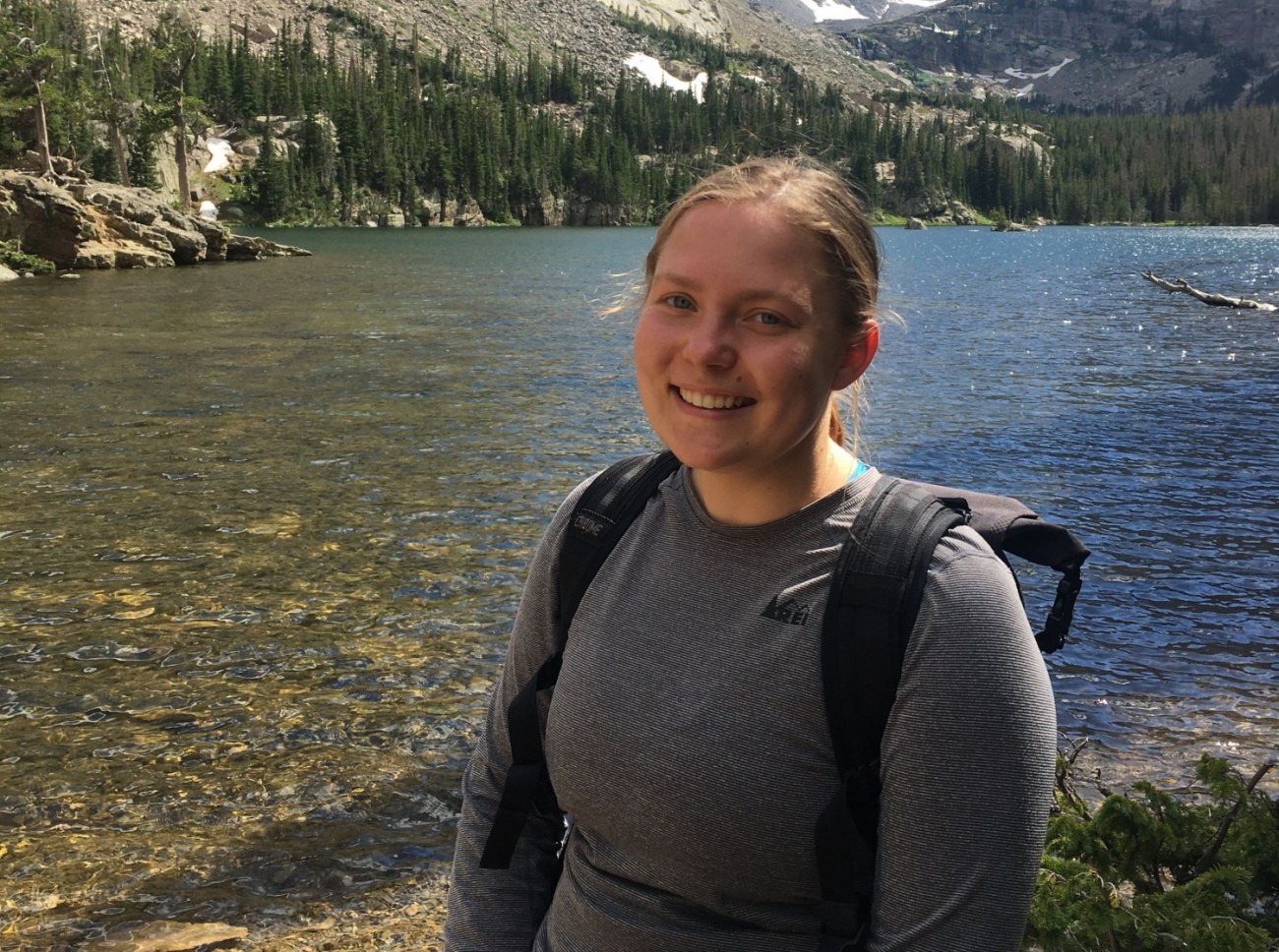Global Food Security scholar conducts research on women’s empowerment in India

Around the world, many people live with the burden of not knowing from where their next meal will come. I grew up in Chicago, and although I did not realize it at the time, food insecurity was a very real struggle for many of my peers. In 2014, 338,000 students in the Chicago Public Schools system qualified for free or reduced school lunches. This was enough for the school district to begin offering free breakfast and lunch to all of its students.
Food security is also an issue on college campuses, including the University of Illinois, where college students might prioritize spending money on tuition, rent, and class materials instead of food. Currently, the COVID-19 pandemic offers new challenges to household food security due to unemployment and implications to programs through which some people previously received free meals.
When I learned about the Global Food Security Internship (GFS), I was eager to explore people’s relationships to food in a different context and location. I study Natural Resources and Environmental Sciences and many of my courses highlight the current and predicted effects of climate change. Increasing temperatures and altered precipitation patterns will without a doubt exacerbate problems concerning food security. In my Global Food Security Scholar application, I proposed to study the role of women in ensuring food security in communities that depend on forests for food in India.
I have worked with Dr. Daniel Miller since my freshman year at Illinois to sort and describe global conservation funding trends and global forest aid. Among countless other benefits to humans, forests and trees can provide food. This benefit is important to many communities in India, where a quarter of the world’s undernourished live. Dr. Jennifer Zavaleta Cheek, a postdoctoral researcher in Dr. Miller’s group, has conducted research on food security and dietary diversity in India, and she has helped guide my work for the GFS internship.
During the spring semester, I sorted and described financing trends on projects that relate to women’s empowerment. Then, during the summer, I had the chance to explore a different aspect of research and conduct a systematic literature mapping review to identify studies that compared men’s and women’s diets in the Global South. I narrowed down a group of 712 initial search results to 23 articles. This was a tedious process, but I am a person who appreciates organization and found the steps in the mapping procedure to be satisfying.
Due to the pandemic, I was unable to complete the international travel aspect of the GFS internship this summer. However, I hope to still travel to India to conduct field research in the forest-dependent communities while staying with Samaj Pragati Sahayog, a local NGO, and share results with stakeholders, including the International Food Policy Research Institute (IFPRI) in New Delhi. For now, this experience has made me think about the ways in which the topics that I encounter in my classes concern food security. How does environmental law impact the presence of food insecurity? Can the consideration of environmental economics offer solutions? How might urban ecology and green spaces alleviate food insecurity in metropolitan areas? I am very thankful to the GFS internship for exposing me to the broader issues of global poverty and provoking my intellectual curiosity.
Anneli Cers is one of five talented and motivated ACES undergraduate students who have been selected as Global Food Security Scholars to pursue work related to food and nutritional security in low and middle-income countries. She is a sophomore in Natural Resources and Environmental Sciences working with Daniel Miller.